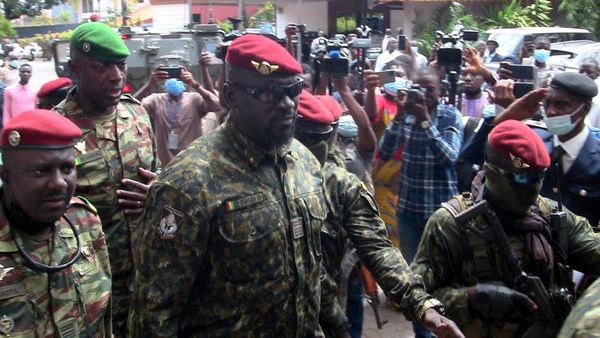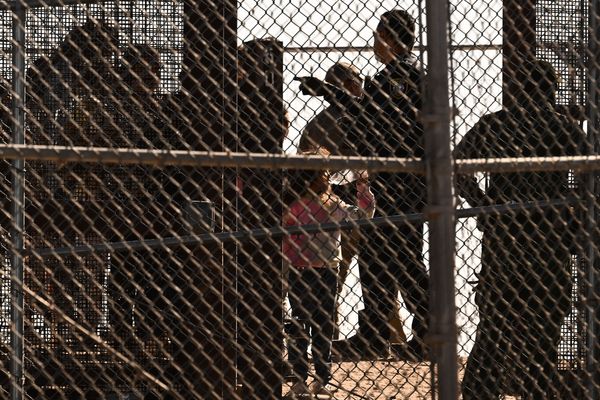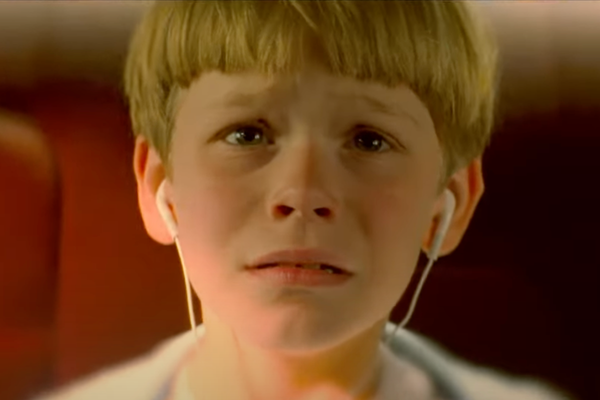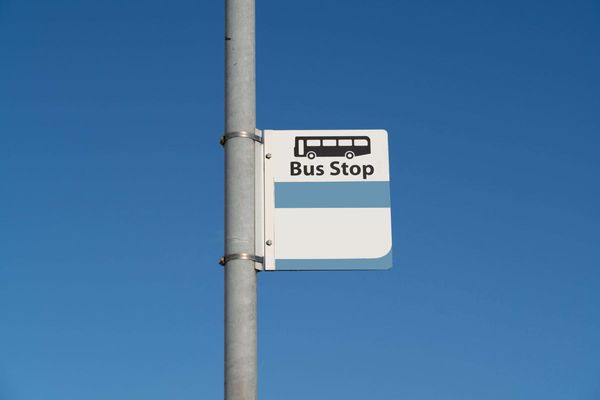
Hiroshima (Japan) (AFP) - President Volodymyr Zelensky arrived in Hiroshima for talks with the G7 Saturday, after winning long-sought access to advanced US fighter jets to bolster Ukraine's defence.
Zelensky's surprise summit appearance -- he had previously been expected to appear by video call -- came after he welcomed a "historic" White House decision to allow Ukraine to obtain F-16 jets.
The group of seven rich democracies are meeting in Japan to discuss issues including the need for "constructive and stable" relations with China, which the bloc accused Saturday of "economic coercion".
But it was Zelensky's arrival, and debate about the future of Russia's 15-month-old invasion of Ukraine, that dominated the summit.
After a long winter of fighting that saw Russian gains in the eastern city of Bakhmut, Ukraine's forces are poised to launch a counteroffensive but remain highly dependent on Western weaponry.
On landing, Zelensky said the summit would bring "increased cooperation for our victory" and he declared that "today, peace will be closer".
Military experts say the aircraft would be a significant upgrade from Ukraine's ageing Soviet-era fleet, offering greater ability to eventually strike targets in the air or on the ground.
They are also a potent symbol of Western support for Ukraine, forestalling any talk of waning interest as the conflict grinds on.
Until now, US President Joe Biden had effectively vetoed the transfer of US-made F-16s, with officials citing long pilot training times and the risk of escalating the conflict with Russia.
US National Security Advisor Jake Sullivan insisted there had been no about-turn in US policy, and the decision was based on the "exigencies of the conflict".
"We've reached a moment where it's time to look down the road and to say, 'What is Ukraine going to need...to be able to deter and defend against Russian aggression?'
"F-16s, fourth-generation fighter aircraft, are part of that mix," he said, adding that Ukraine had committed to not using US military equipment to hit targets inside Russia.
"We are going to do everything we can to support Ukraine in its defence of its sovereignty and territorial integrity, and we are also going to proceed in a way that avoids World War III," he added.
With the US veto lifted, Prime Minister Rishi Sunak quickly announced that Britain would "work together with the USA and the Netherlands, Belgium and Denmark to get Ukraine the combat air capability it needs".
'Bolster support'
It is Zelensky's first trip to the Asia-Pacific since the war began -- and offers a chance to confer with allies, but also to woo key unaligned powers also joining the summit, including India and Brazil.
"There is an opportunity for Zelensky to engage with these non-Western actors, to try to bolster support, or at least weaken what may be seen as ambivalence towards the conflict," Ian Lesser, vice president of the German Marshall Fund think-tank, told AFP.
"And they do matter.They matter especially in terms of sanctions, of course," he added.
The Ukrainian leader, wearing his trademark olive-green hoodie, touched down at Hiroshima airport, arriving on a French state plane and greeted on the tarmac with a red carpet and a phalanx of officials.
His departure from Ukraine and flight from Poland was a closely guarded secret until he appeared in the Saudi Arabian city of Jeddah, where he met leaders from the Arab League.
Ahead of Zelensky's arrival G7 leaders issued a joint statement Saturday denouncing efforts to "weaponise" trade and supply chains, saying they would "fail and face consequences" -- a thinly veiled warning to China.
The bloc said it would also address vulnerabilities in supply chains for "critical goods" like minerals, semiconductors and batteries.
"What we have done over 20 years with China, encouraging development, was right, but maybe we should have been more careful on critical material, supply chains and those elements," an EU official said.
The grouping also warned China against its "militarisation" in the South China Sea and urged Beijing to press Russia to end its invasion of Ukraine.
But the bloc insisted it still seeks "constructive and stable relations" with China.







